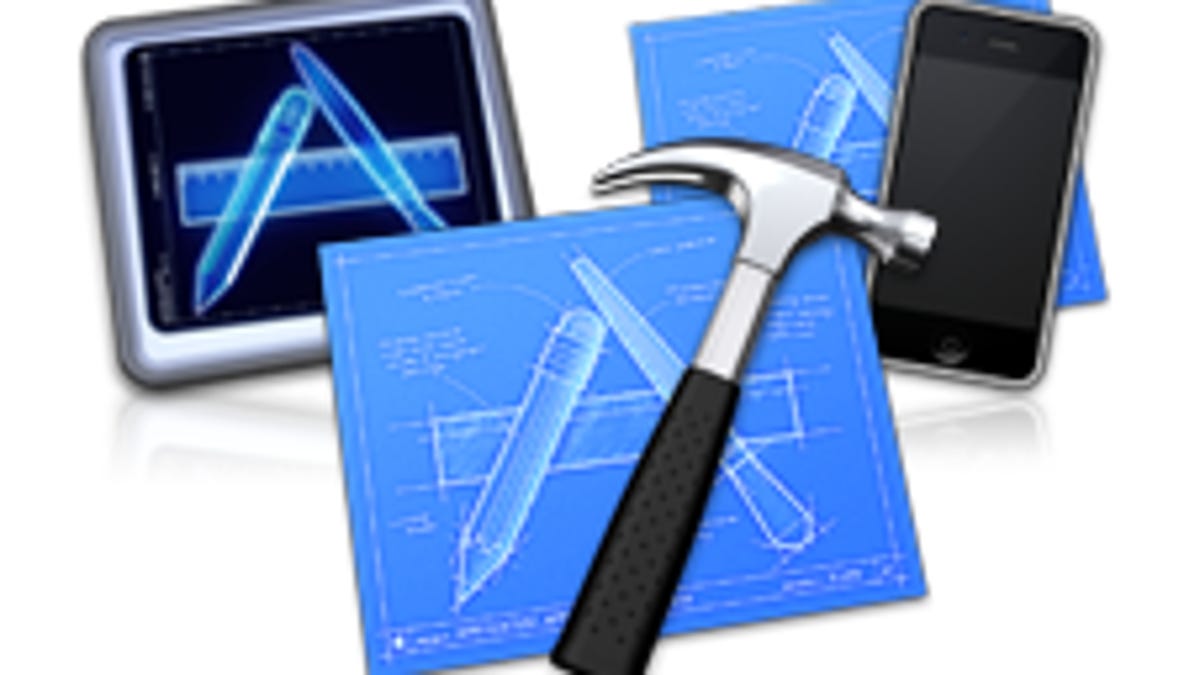Coders choosing Mac OS over Linux environment
Although Windows remains the most popular environment for software development by far, an Evans Data survey reveals that programmers increasingly favor Apple's operating system over Linux.
Apple's Mac operating system has surpassed Linux in popularity as a development environment in North America, according to an Evans Data survey.
Windows remains at the top of the development environment heap, used by 80 percent of the survey's more than 400 professional software developer respondents in June; Mac OS was used by 7.9 percent of those surveyed, displacing Linux, used by 5.6 percent.
A few other tidbits from the survey:
- Developers believe that mobile and cloud development will increase the most in importance over the next three years
- 44 percent of respondents are actively engaged in multithreaded program development
- 49 percent indicated their intention to support smartphone platforms
- 42 percent intend to support tablet applications
Despite displacing Linux as a development environment, Mac OS has not displaced Linux as a development target. More than twice as many developers still primarily target Linux as target the Mac. But the Mac environment offers developers some niceties that seem obvious but are perhaps less understood.
I spoke with Jeremy Whitlock, core platform architect at Nodeable (disclosure: I am CEO of Nodeable), about why he chooses to develop on the Mac. Whitlock told me that the answer primarily comes down to convenience.
The Mac OS has the Unix toolchain that he prefers, it runs all of the open-source software that he needs for development, and it also provides the only legal way to develop for all platforms legally from one set of hardware--which is really about the fact that you can't legally do iOS/Mac application development without a Mac. You can't virtualize OS X on non-Mac hardware, and you can't run OS X on non-Mac hardware, at least not legally. Additionally, ever since Intel processors came into the mix, developers are more comfortable with the performance of Apple hardware.


